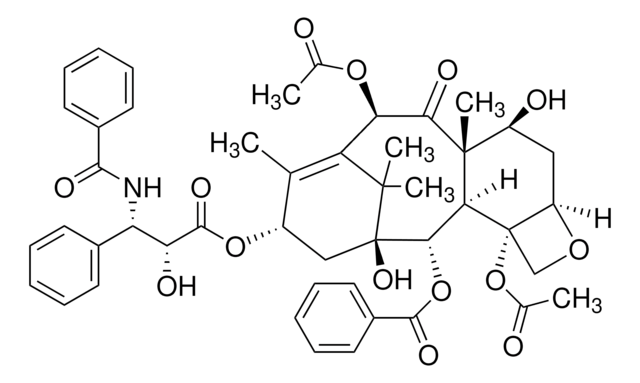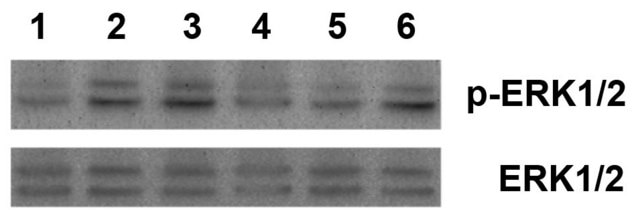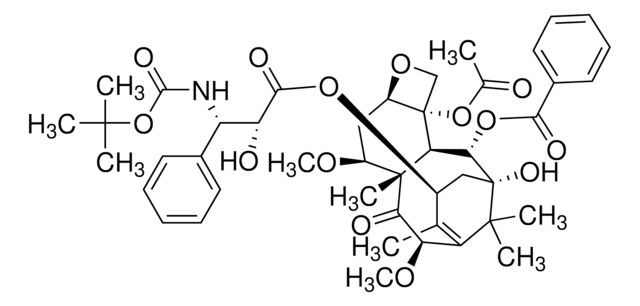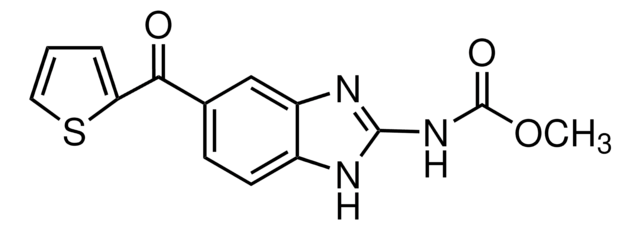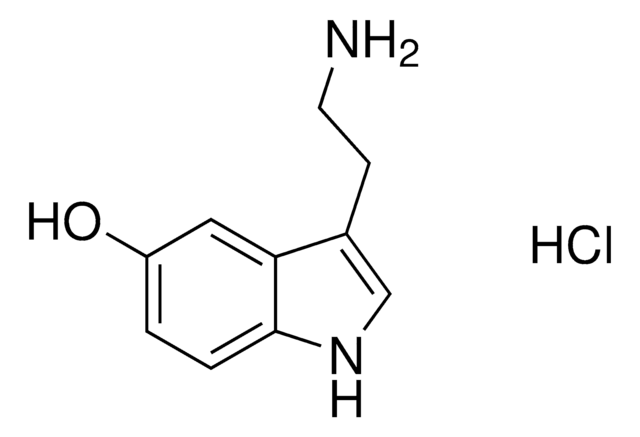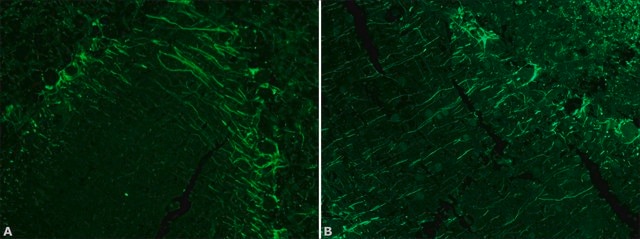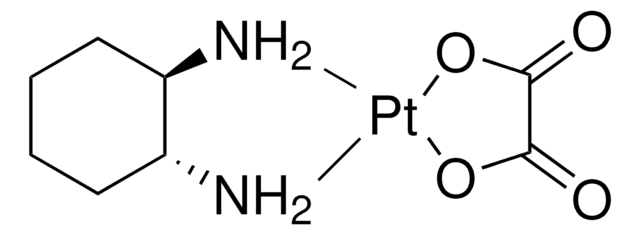SRP8014
Progranulin human
recombinant, expressed in HEK 293 cells, untagged, >95% (SDS-PAGE)
Synonym(s):
Activation-inducible TNF-related ligand, PEPI, Proepithelin
About This Item
Recommended Products
biological source
human
recombinant
expressed in HEK 293 cells
conjugate
untagged
assay
>95% (SDS-PAGE)
form
lyophilized
mol wt
~65 kDa by SDS-PAGE
packaging
pkg of 10 μg
storage condition
avoid repeated freeze/thaw cycles
impurities
<0.1 EU/μg endotoxin, tested
color
white
UniProt accession no.
shipped in
wet ice
storage temp.
−20°C
Gene Information
human ... GRN(2896)
General description
Biochem/physiol Actions
Physical form
Reconstitution
Other Notes
wgk_germany
WGK 2
flash_point_f
Not applicable
flash_point_c
Not applicable
Certificates of Analysis (COA)
Search for Certificates of Analysis (COA) by entering the products Lot/Batch Number. Lot and Batch Numbers can be found on a product’s label following the words ‘Lot’ or ‘Batch’.
Already Own This Product?
Find documentation for the products that you have recently purchased in the Document Library.
Our team of scientists has experience in all areas of research including Life Science, Material Science, Chemical Synthesis, Chromatography, Analytical and many others.
Contact Technical Service